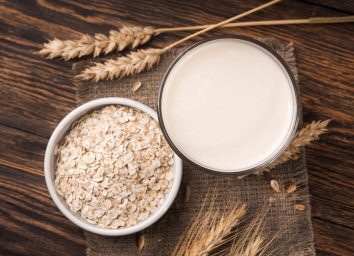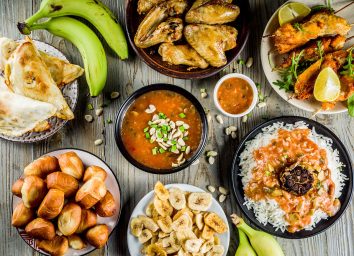The 7 Best Diet Trends of 2019, According to Dietitians

A hefty 45 million Americans—or about one in seven of us—will go on some sort of diet during a given year. Despite our collective eagerness to lose weight and get healthy, two-thirds of Americans are still overweight or obese. So why is it that going on a diet doesn’t automatically result in long-term weight loss? It’s because we’ve been picking the wrong diet trends to follow.
As we see others around us find success with a certain plan (see: your deskmate who dropped 20 pounds in two months on keto), we can’t help but think that our previous weight loss attempts failed because we chose the wrong diet last time—which it very well may have.
But just because a diet is in the news for its transformative new strategy, it doesn’t necessarily mean that diet is effective, safe, or right for you. “There will continue to be many types of diets to try in the new year, but the best diet is one you can maintain. If you can’t stick to it longer than three months without feeling restricted, chances are it’s a diet fad and not a lifestyle,” says registered dietitian nutritionist Melissa Mitri, MS, RD.
To get the skinny on which of the most recent diet trends might actually be worth trying, we tapped a handful of registered dietitians who field questions about them all nearly every single day. Based on how realistic, nourishing, flexible, and healthy these trends are, dietitians chose the best diet trends of 2019.
Mediterranean Diet
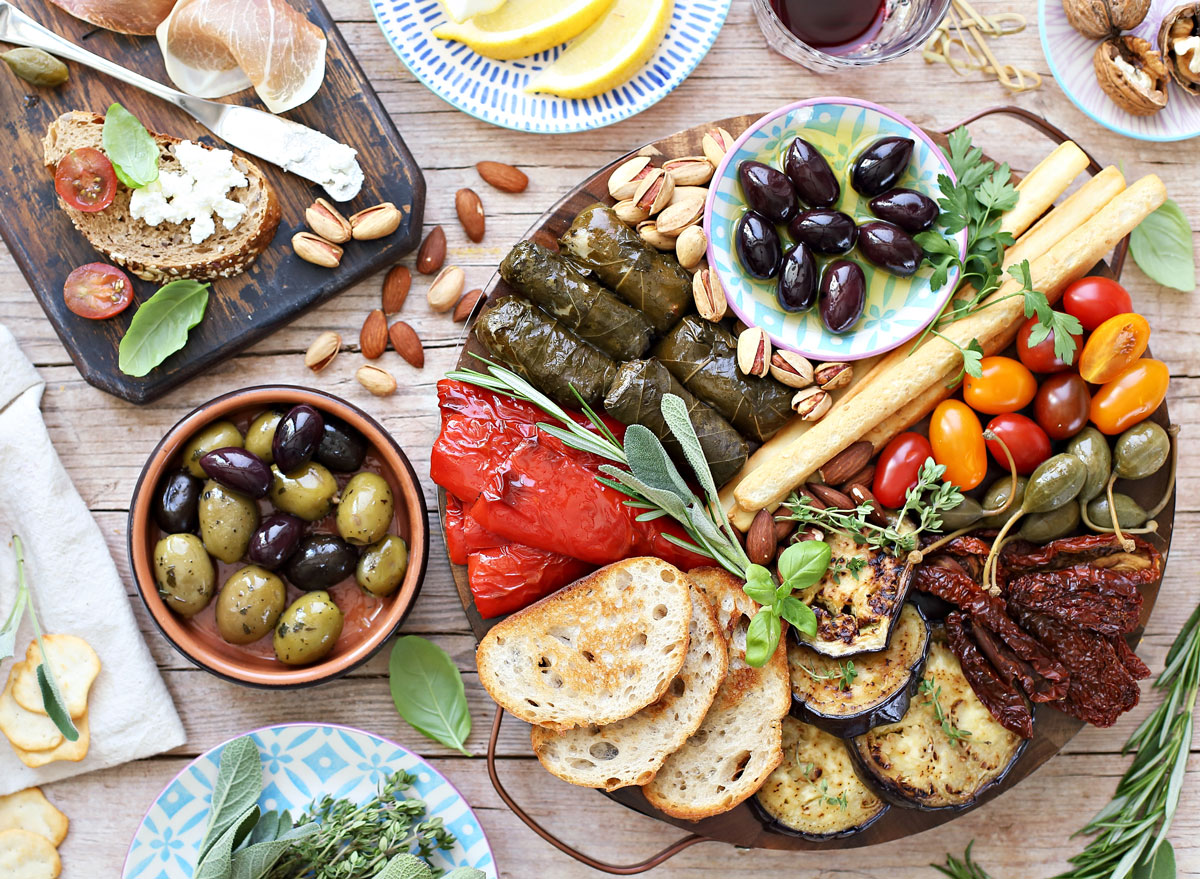
Ranked time and time again near the top of the “top diets” list, the Mediterranean Diet jumped to the number one spot in US News & World Report’s 2019 Best Diets rankings. Light on sugar, saturated fat, and red meat, the Mediterranean Diet places nothing completely off-limits but focuses instead on loading up on Mediterranean diet staples. Items such as olive oil, salmon, nuts, fresh fruits and vegetables, and whole grains are stellar sources of healthy fats, fiber, and other body-benefitting micro- and macronutrients.
The Mediterranean Diet has been proven to slow the increase in waist circumference—that often comes along with an increase in age—although one of its biggest benefits is that you can follow this every day of your life, even while eating out.
Registered dietitian Rachel Berman, RD, the general manager of VeryWell, supports any diet, like the Mediterranean diet, that allows the intake of an adequate amount of carbohydrates. “We are too carb-phobic! Our bodies are supposed to burn glucose for energy. I understand monitoring portions and amounts, but certain trends (like the keto diet) take it to an extreme by encouraging you to limit carbohydrate-rich fruits and vegetables that are beneficial for health,” she says.
Plant-Based Diet

Eating less meat is clearly a trend—just take a look at nearly any fast-food menu and you’ll find a mock meat burger.
The term “plant-based diet” has a different meaning depending on who you ask; some allow a bit of meat on the side while still focusing on loading up on plants, others complete take beef, poultry, and seafood off the menu. Regardless, all promote heart-healthy, minimally-processed items including beans, fruits, nuts, vegetables, healthy oils, and whole grains. “A trend towards a more plant-based diet is encouraging. I anticipate that more people will begin to decrease their intake of animal products in 2020, especially as more plant-based protein alternatives become available,” Ashley Reaver, RD, a registered dietitian at Ashley Reaver Nutrition LLC in Oakland, California. says.
Clean Eating
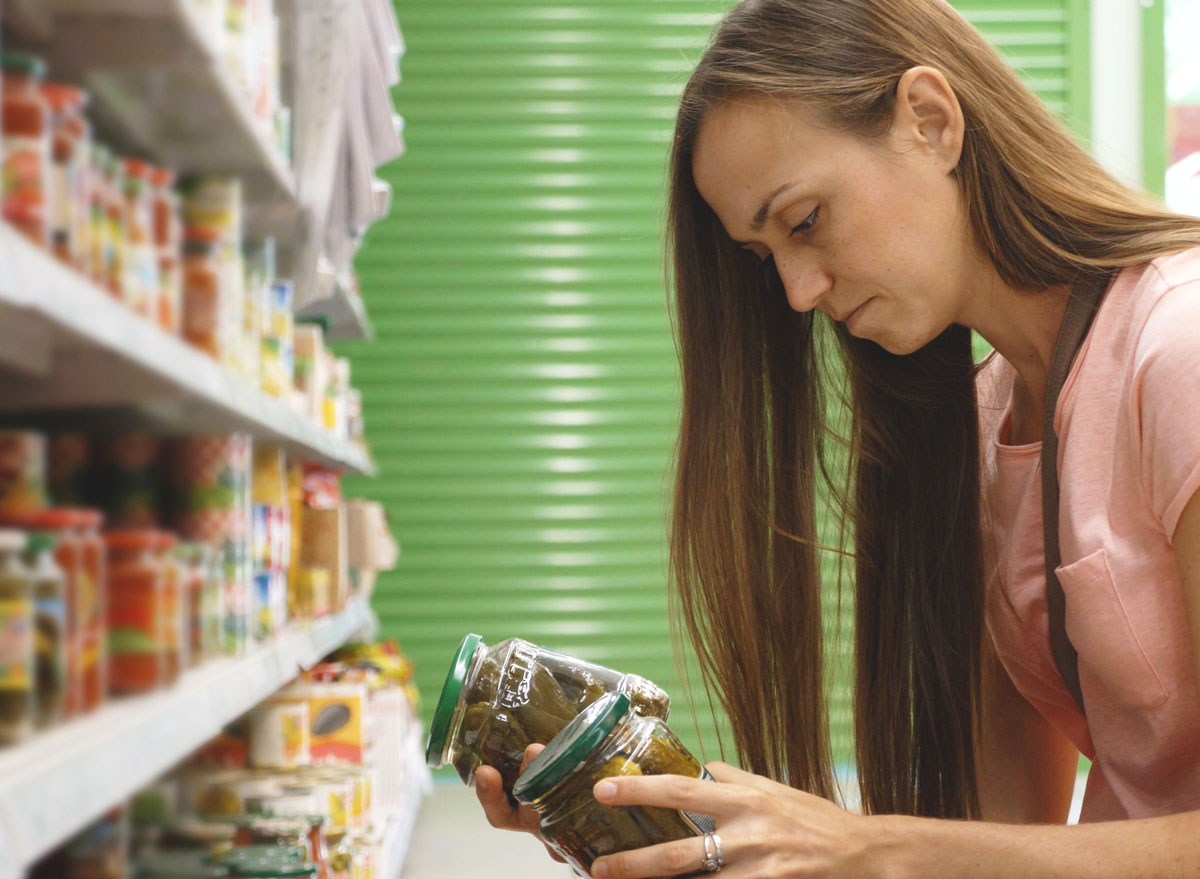
Fight dirty against gaining LBs by “eating clean,” more and more people are claiming. Essentially, this diet trend involves eliminating “fake” processed food in favor of more natural picks.
“Our International Food Information Council Foundation 2019 Food and Health Survey found ‘clean eating’ was the most widely cited diet consumers are following this year, followed closely by intermittent fasting,” says Alyssa Pike, RD, Manager, Nutrition Communications, International Food Information Council Foundation. “People are interested in more transparency these days about what’s in and where their food comes from. The definition of ‘clean eating’ depends on who you ask—there is no official definition—but most people agree that the core tenet of eating ‘clean’ is eating more whole foods and fewer packaged foods.” While many diet trends come and go (remember the Master Cleanse?) focusing on more natural foods by following a clean eating diet seems like a smart strategy, according to our RD experts.
Flexitarian Diet
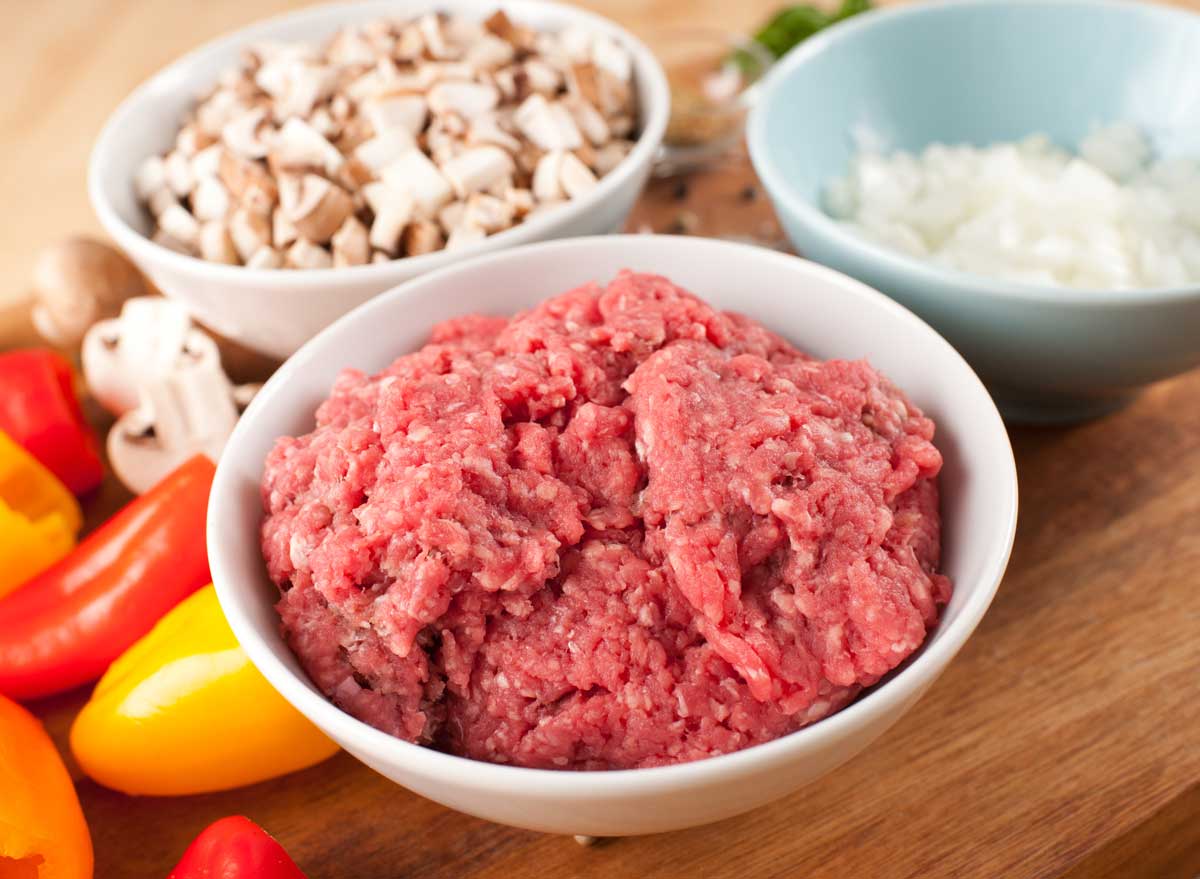
This flexible plant-based plan allows for meat and seafood in moderation, Berman explains. The Flexitarian diet is a mash-up of flexible and vegetarian—which is a lifestyle the creator, registered dietitian Dawn Jackson Blatner, RDN, has found success with herself. Berman says this diet also encourages limiting added sugar and refined carbohydrates.
Jackson Blatner has no hard and fast rules about how much meat you can/should eat, but recommends making the flexitarian shift in baby steps:
- Beginner: 2 completely meatless days per week, with up to 26 ounces of meat or poultry per week
- Advanced: 3 to 4 completely meatless days per week, with up to 18 ounces of meat or poultry per week
- Expert: 5 completely meatless days per week, with up to 9 ounces of meat or poultry per week
Macro Diet

Also known as IIFYM (If It Fits Your Macros), the Macro Diet involves following a ratio of carbohydrates, protein, and fat within an overall calorie goal. Your specific target levels for each macro (which can be estimated by one of many online calculators, or, ideally, a dietitian) will depend on your activity level, weight-loss goals, and current height and weight. The healthy eating plan emphasizes whole foods over processed, but nothing is completely off-limits (you know, as long as it fits those macros).
Unlike more restrictive diets such as intermittent fasting, the macro diet is flexible about when you eat, which Mitri appreciates. “If you feel hungry, you should eat. You want to consume healthy, nourishing foods, but have the ability to eat them when your body is asking for them. This is possible with a diet where you track and count your macronutrients—your grams of carbs, proteins, and fats—within your total calorie goal,” she says.
Low-FODMAP
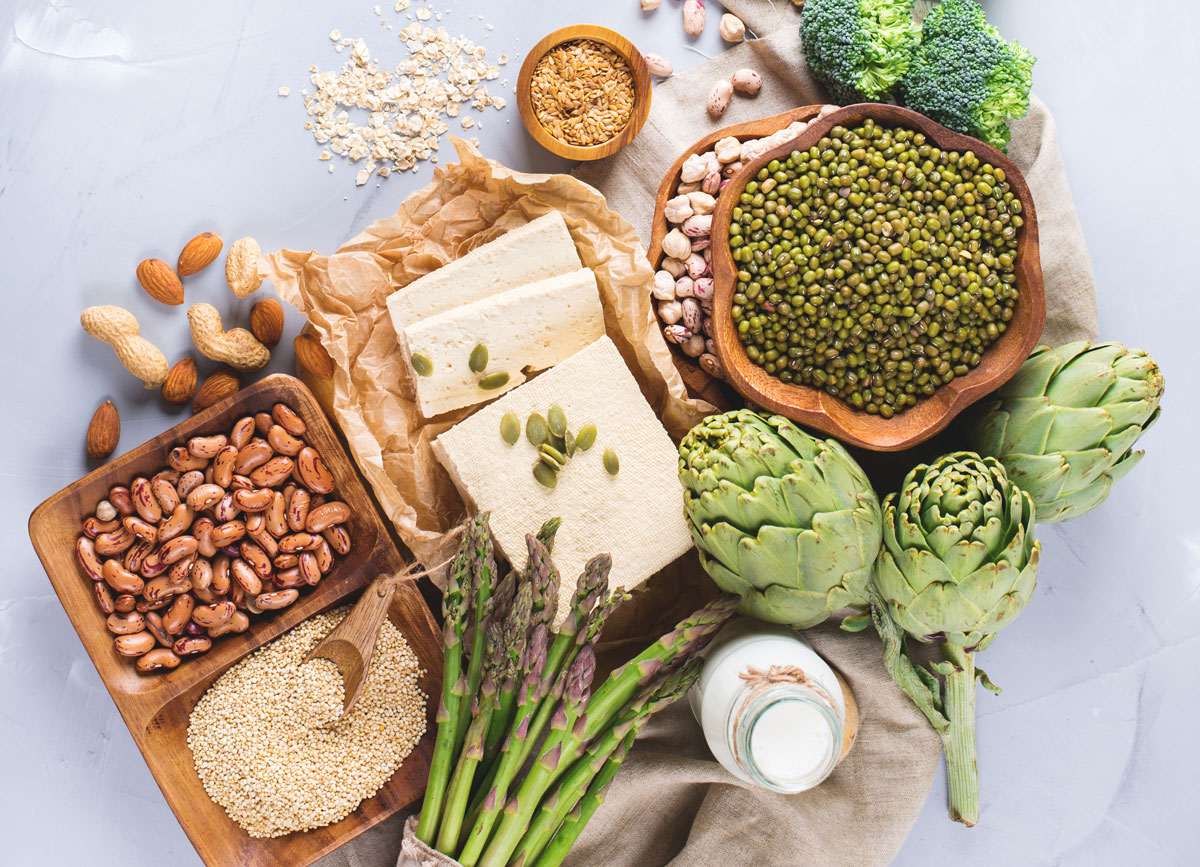
Typically recommended for those with irritable bowel syndrome, this diet gets a thumbs up(ish) from Reaver. It limits certain carbohydrates and sugar alcohols that are absorbed poorly by the intestine, and which may lead to digestive distress.
“FODMAP is a diet that reduces intake of Fermentable oligo-, di-, mono-saccahrides and polyols [where the name comes from] that can cause bloating, gas, constipation, and diarrhea in individuals with IBS,” Reaver says. “It should only be implemented for people that suffer from IBS, but is among the least restrictive diets I had questions about from clients this year.”
On the strictest version of a low-FODMAP diet, artificial sweeteners, alcohol, beans, wheat, and high-lactose dairy products are off the menu. Lactose-free dairy products, meats, eggs, and some whole grains get the green light because they are low-FODMAP foods. One by one, those restricted food groups are reintroduced to try to pinpoint which are causing your IBS symptoms.
Vegan
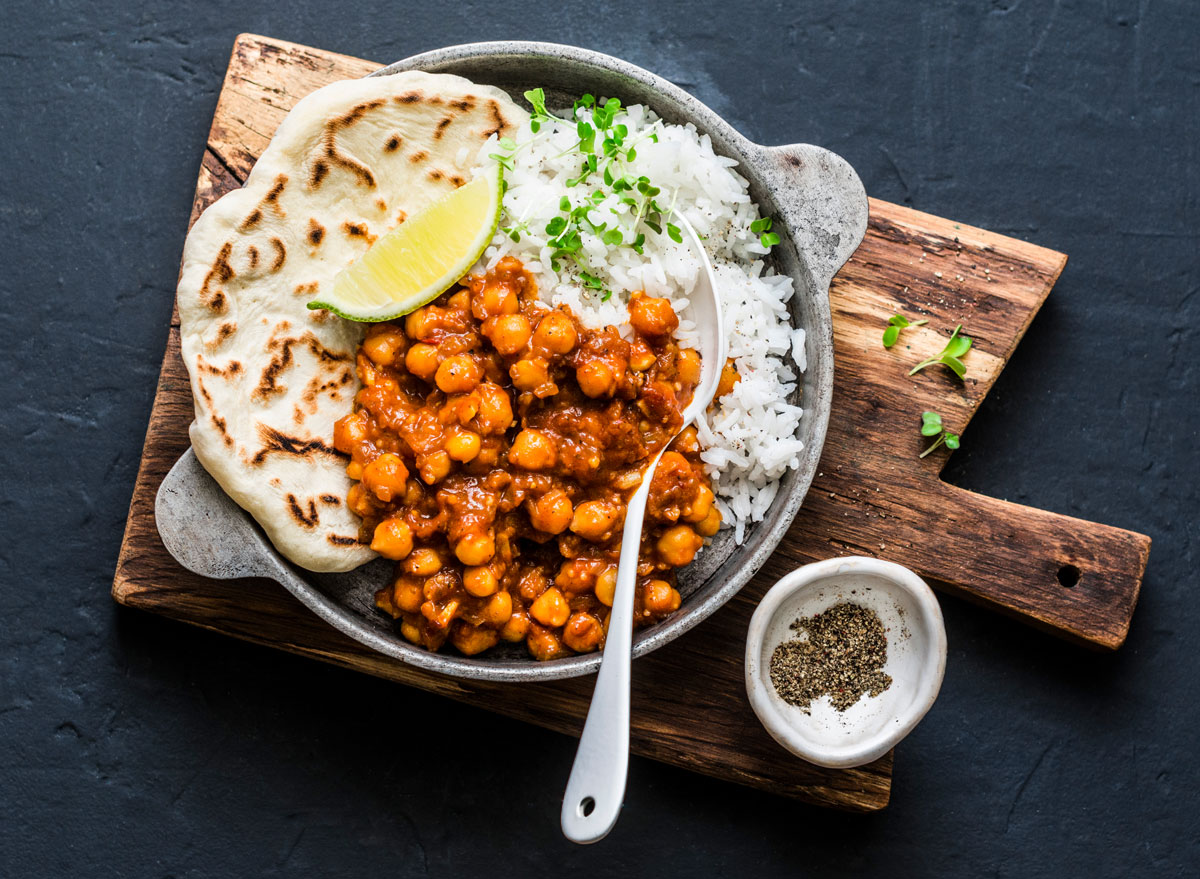
According to a 2019 Nielsen survey, just 5 percent of Americans are vegetarian or vegan. The latter group abstains from all animal products, including eggs and honey.
“True, a vegan diet is restrictive. But it can certainly also be done in a healthful way with proper supplementation and intake,” Reaver says. Contrary to popular belief, you can absolutely get enough protein on a vegan diet. (Just add these best vegan proteins to your shopping cart.) Vitamin B12, however, can only be found in animal-based foods, so supplements are necessary when following a vegan diet.
